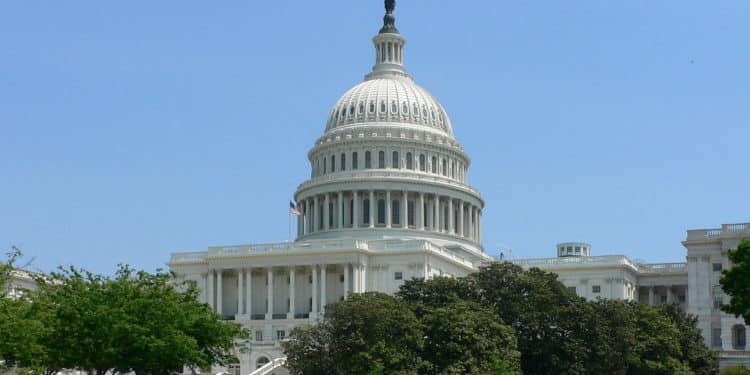A U.S. appellate court just made federal whistleblowers more vulnerable to retaliation by employers with a new ruling that says investigating employees isn’t prohibited under whistleblower law.
The court affirmed the decision by the Merit Systems Protection Board, an independent federal entity created to protect government employees from political interference and management abuses, that whistleblower protections don’t extend to investigations launched against an employee who recently disclosed improper agency activity.
The April 8 ruling concerns portions of the Whistleblower Protection Act that protect whistleblowers from retaliatory actions by their employer, defined as “prohibited personnel actions.” Examples of adverse personnel actions include transfers, pay cuts or referrals for psychiatric evaluation.
The court handed down the ruling in response to a complaint filed by Leonard Sistek, who blew the whistle on improper financial practices at the U.S. Department of Veterans Affairs while working as a business office director between 2011 and 2014. Sistek claimed he was investigated by the VA in retaliation, resulting in a written reprimand from the agency.
Sistek protested the investigation and reprimand by filing complaints with various federal agencies, including the MSPB. When the MSPB rejected his claims of retaliation, Sistek filed a complaint in federal court appealing the MSPB’s decision.
The court ruled that the Act does not include employee investigations in its definition of prohibited personnel actions, and that Sistek’s conditions of employment weren’t changed by the investigation. But analysts have pointed out that the stress caused by the investigation and reprimand constitutes a significant change.
They also argued the decision will deter whistleblowers worldwide because the WPA protections, already thin, are enforced by a weakened MSPB. The MSPB has lacked a quorum and a director for three years and faces a backlog of over 2,000 cases.




